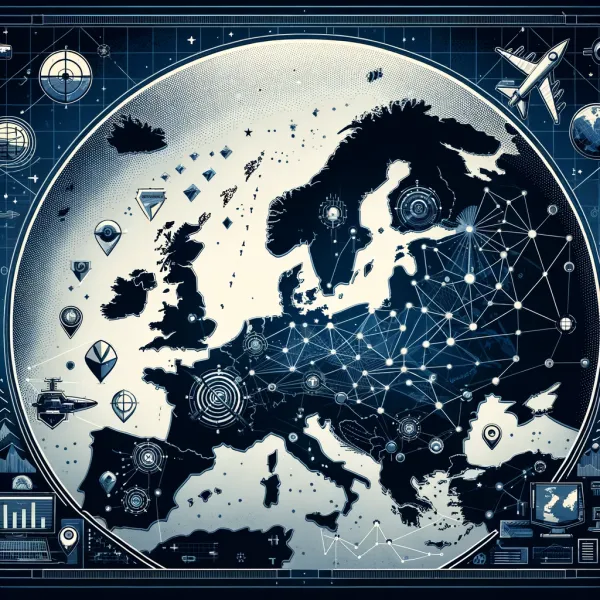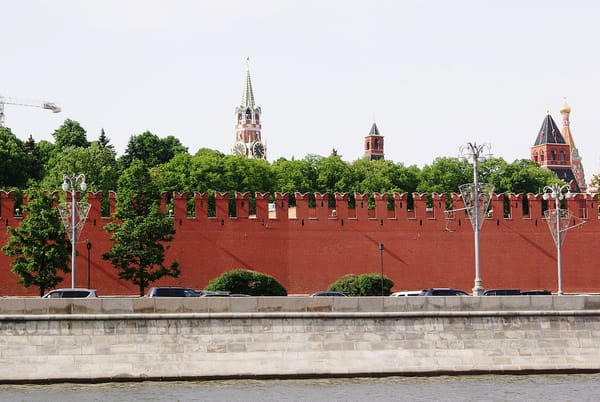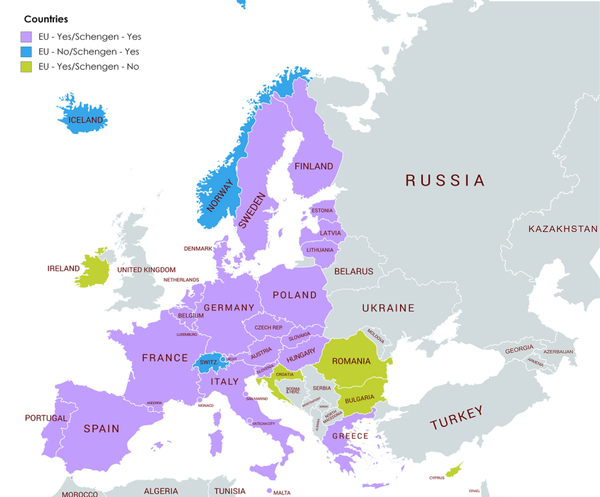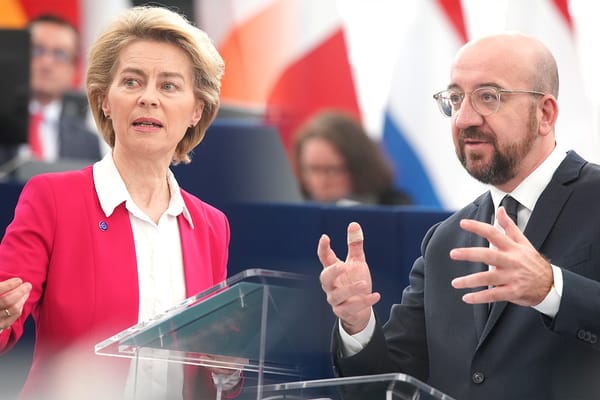
EU microchip financing plan lags behind on the global scene
Despite the European Union’s explicit plans to prepare a subsidy package for the microchip industry that matches with United States investments in the sector – preliminary figures don’t add up. Politico writes that the EC’s plans will collide with the EU competition rules and too time-consuming decision-making.
The EU last year in the middle of the global microchip shortage announced that it aims to catch up with Asian and US semiconductor technology and works towards gaining 20 per cent of the global market by the year 2030.
The EU plans to set up a few key initiatives among them in the epicentre of the Important Project of Common European Interest (IPCEI).
Still, the EC’s responsible commissioner Thierry Breton will have to figure out how to match the IPCEI financing with EU competition rules and the tradition to keep public subsidies to a minimum in Europe. Since last year Breton repeatedly told whatever the US will spend on chip market investment the EU will match with it.
Lately, the US is finalizing a 52 billion USD package under the CHIPS for America Act, while South Korea in May 2021 announced a 450 billion USD in private funding, mainly through government incentives like tax breaks.
The IPCEI project currently includes 17 EU member states and aims to inject 4 billion euros into the sector.
Still according to POLITICO’s calculations and analysis concluded that 10 countries didn’t mention microchips investments at all, while five countries haven’t finalized their plans yet.
In total EU governments have until today pledged around €2.5 billion altogether in direct funding with another €2.3 billion of funding that chips firms will need to split between other digital sectors like cloud firms, AI and other technology companies.





